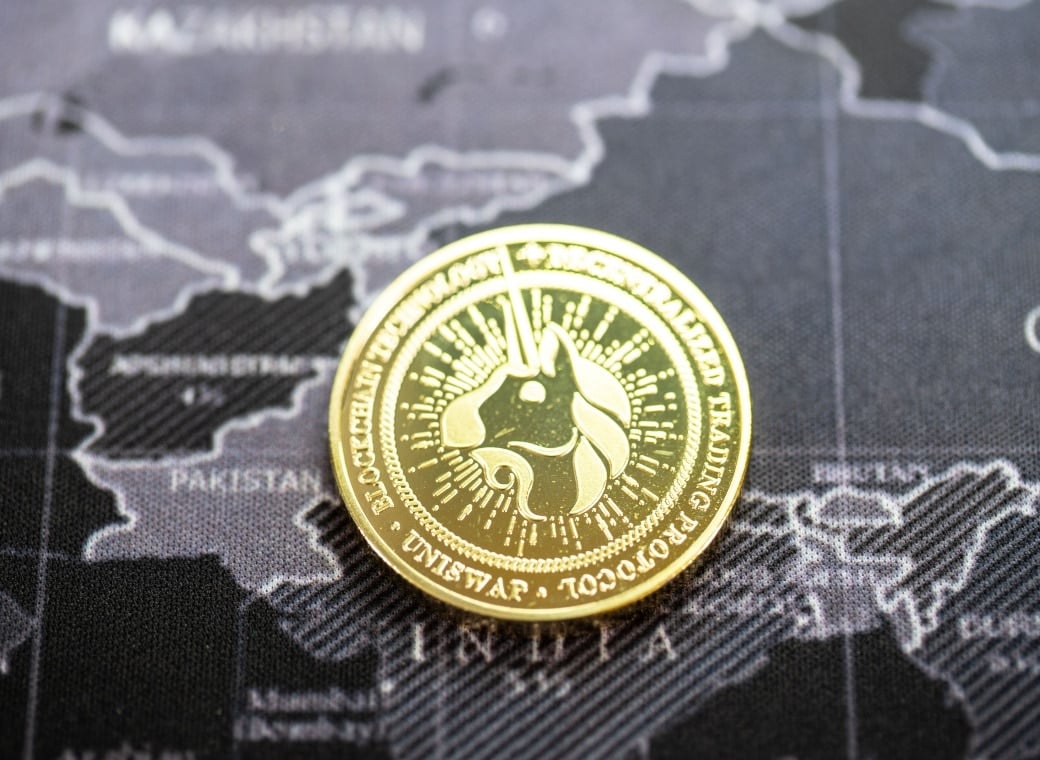The Reserve Bank of India (RBI) still has a tremendous opportunity to take global leadership in the cryptocurrency industry by embracing and investing in it.
By welcoming and adopting Bitcoin and the fast-growing cryptocurrency sector, RBI could usher in a new wave of wealth creation backed by high-paying jobs in fintech and blockchain technology.
India, the crypto industry is worth $184 billion
A recent report by Nasscom titled ‘Crypto Industry in India’ in association with WazirX shows that India’s cryptocurrency industry can create an economic value addition of $184 billion in the form of investments and cost savings in India by 2030.
According to the report, more than 60% of India’s states are becoming cryptocurrency adopters and there are already over 15 million retail investors. Now there are over 230 cryptocurrency and blockchain start-ups in India. The report also states that the cryptocurrency market will create over 800,000 jobs in India within nine years.
Below are other key highlights from the report:
- $6.6 billion of investments are in cryptocurrency assets by retail investors in India.
- The cryptocurrency industry provides employment to 50,000 people in India.
- The cryptocurrency industry is fast growing with over 150+ proof of concepts and projects.
- Bitcoin has become the fastest growing asset in India and will reach a market cap of $1 trillion, surpassing gold and the US Dollar by 2030.
- Decentralized finance’s market size has increased 100x over the last year.
India has a chance to be global leaders in cryptocurrency
The data is clear, if RBI promotes and builds on the cryptocurrency industry through fair and sustainable regulation, they will reap all kinds of different benefits and set the stage to become world leaders in cryptocurrency adoption and development. That would be incredible for the people of India – potentially more than one billion people across the country buying and selling cryptocurrency and leading in the creation of the decentralized finance space.
The positive economic and labor data in the report presents RBI with a unique opportunity to become global leaders in regulating and embracing cryptocurrency, which will only bring in more jobs, increase foreign investment, and create a entire new industry for the Indian people to work in and build with the rest of the world.
Right now India is awaiting the Cabinet to clear the bill on cryptocurrencies and speculation is all over the place on how the legislation will treat various cryptocurrencies. We will keep our eyes on this front as we continue to hope that India’s government fairly regulates the space so that it becomes a global leader in the industry; helping grow and build its economy for the future.
Nanden Nilekani, Chairman of Infosys, also believes that India has a chance to help build India’s economy and make people a lot more wealthy. He recently said that treating cryptocurrency as a commodity could add wealth to the country’s economy. It is a fact that India has missed out on much of the first trillion dollars in cryptocurrency because of the 2018 cryptocurrency ban, but it’s not too late to change course.
The cryptocurrency industry could also play a key role in Prime Minister Narendra Modi’s Digital India campaign to improve online infrastructure and increase Internet connectivity by making the country digitally empowered in the field of technology. And in coming years, the industry could lead in providing small and medium-sized businesses access to global capital and accept reminstances from around the world.
In fact, cryptocurrency is gaining in prominence as a payment method among smaller businesses across India. Indians can now easily use Bitcoin, Ethereum, Solana and other tokens for exchange of goods through services through recharging Fastag. According to a report by The Economic Times, since going live with Bitcoin top-ups, Fastag has seen its transactions rapidly increase in the last 2-3 weeks, 60% of which were done by people over 35 years old.
The booming cryptocurrency sector is also something that young Indian people want in their lives. The Chainalysis 2020 Geography of Cryptocurrency report ranked India 11th in the list of global cryptocurrency adoption, given its user base of 10 million cryptocurrency users trading in volumes reaching up to $350 million on a daily basis. Although Indians have historically invested in gold and deposits, Bitcoin is becoming the asset of choice for millennials. About 55% of the total $1.5 billion worth of cryptocurrency assets in India are held in Bitcoin.

How can RBI regulate cryptocurrency in a fair manner?
For any new kind of technology to become mainstream, it must be encouraged and defined while being allowed to grow and be adopted by consumers. There are many solid ideas in the Indian cryptocurrency community that the government can put into force to accelerate the growth of the industry while keeping it safe and secure.
One example is that the government should define digital assets as something like precious metals and not as currencies. This approach has been successful in other countries around the world.
Decentralized cryptocurrency exchanges could operate legally if they introduce clear KYC and AML regulations. The taxes that these firms would generate could also be used in building the nation. Of course, KYC verification for cryptocurrency traders and investors should be mandated.
Finally, the government can put India back on the world map by pushing institutions to better embrace cryptocurrency. By listening and working with all stakeholders, the government would be able to create a fair and safe environment for the industry to thrive while also ensuring that everyone is heard.
It is clear that by embracing crypocurriences, India could become the next global financial center, creating more opportunities and access to capital, jobs and technology.
Author: Raymond Hsu
The post Could India become the global leader in cryptocurrency? appeared first on The Cryptonomist.




















